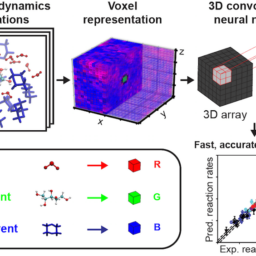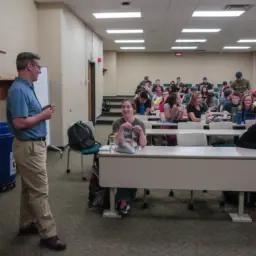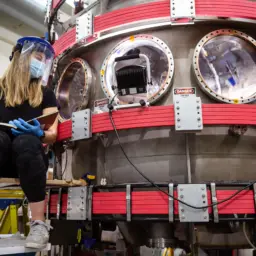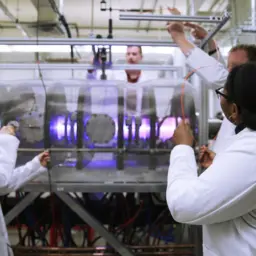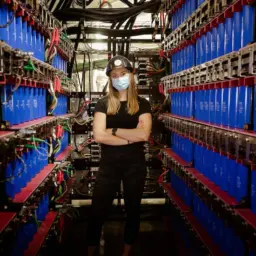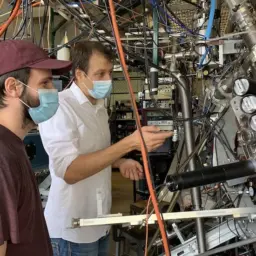Clean energy
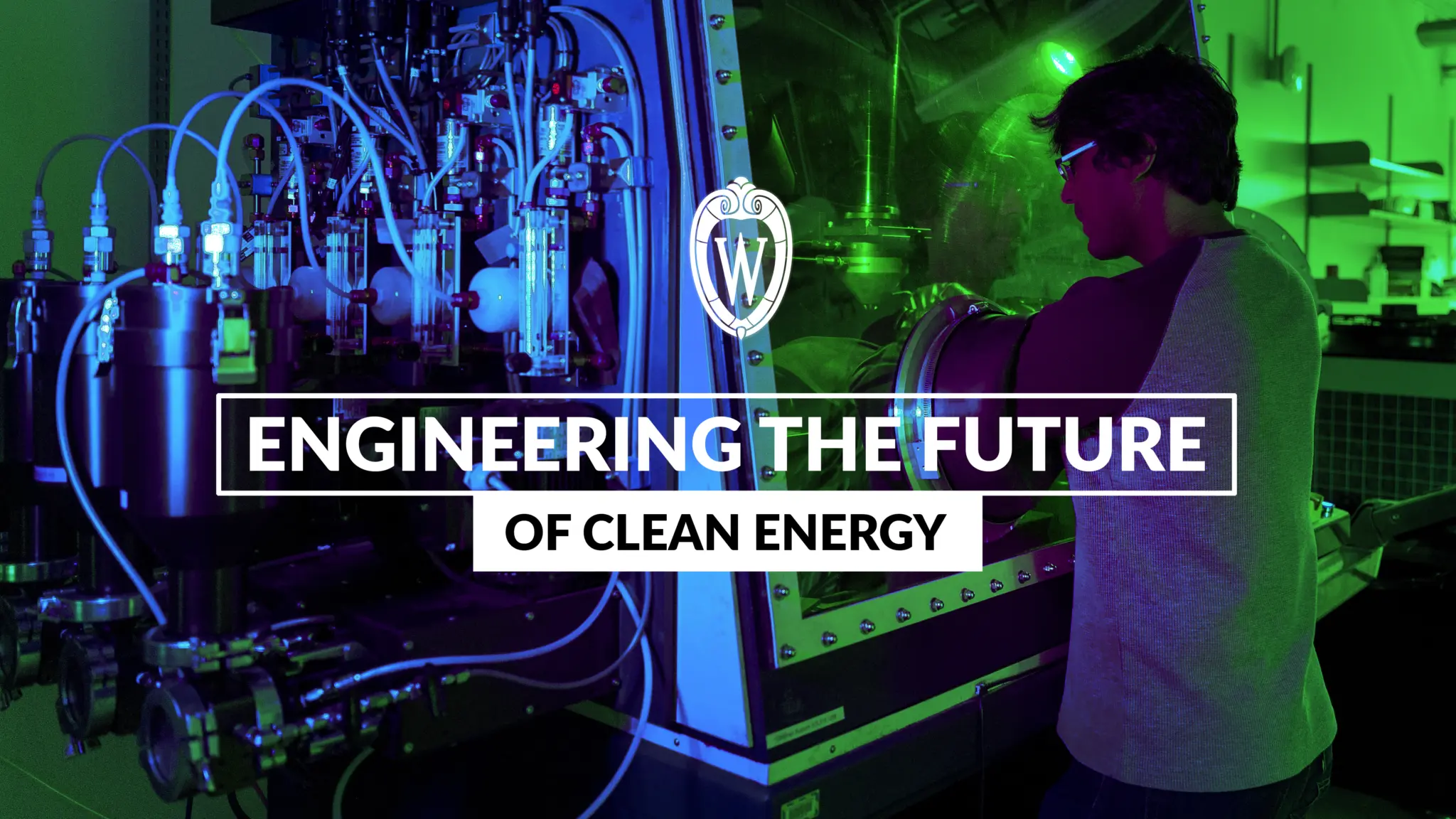
When it comes to energy, the future is clean.
But ending our overreliance on fossil fuels and coal isn’t as simple as building a slew of wind turbines and solar arrays and flipping a switch. We need to further develop key underlying technologies that will truly power the clean-energy revolution.
That’s where UW-Madison engineers come in.

We’ve launched the Clean Energy Community Initiative with partners in our region’s many diverse communities, along with research, industry, government, entrepreneurs and workforce development. Collectively, we’re identifying our region’s energy needs, challenges and visions—so that together we can discover, design, develop and deliver clean energy solutions that work for all.

We’re developing systems, tools and methods to better store captured energy and enable broader distribution of all those gigawatts. We’re also exploring how to revamp our aging and fragmented power grid and better safeguard it at all levels against extreme weather and other hazards.

We’re building upon our legacy of leadership in catalysis research to accelerate progress toward synthesizing biofuels and biochemicals that could reduce our dependency on petroleum and its ubiquitous byproducts.

At the same time, we’re working on complementary pieces of the world’s future energy puzzle by developing technology for next-generation nuclear power plants and driving progress in the quest for yet another promising renewable-energy source: fusion.
Modernizing the grid
Our engineers are using computational methods to more smoothly integrate renewable energy into the U.S. electricity grid, ensure stability and mitigate the risks of weather-enforced outages.
Solving the storage problem
Cost-effective, longer-term energy storage remains a key technological and financial hurdle to larger-scale renewable energy adoption.
That’s why we’re strategically investing in energy storage research by hiring a cluster of new faculty members across several departments. They join an array of faculty working to improve sustainable electrochemical energy storage technology, concentrating solar power systems and more.
Discovery through data
By leveraging advanced computational simulations, our researchers are improving fuel cell technologies that offer another promising energy storage option. They’re wielding the power of big data to discover materials and catalysts that can yield more efficient and stable fuel cells.

Catalyzing progress toward biofuels
Our chemical and biological engineering faculty are developing new methods to produce biofuels and biochemicals as alternatives to crude oil products, building upon the pioneering work of their predecessors.
Improving the nuclear option
As one of a select number of universities across the country to house a nuclear reactor, we’re at the forefront of developing emerging technologies and materials that could make nuclear power plants smaller, safer and more economical. To do so, our researchers are working across disciplinary boundaries and drawing upon machine learning methods to accelerate key discoveries.
We’re also a leader in devising energy policy ideas that could guide future implementation of an array of power sources, including safely deployed nuclear reactors.
Chasing ‘the energy of the stars’
We continue to build upon our track record of contributions toward fusion energy and the fundamental plasma physics behind it—upgrading the two major fusion experiments on our engineering campus, partnering with other UW-Madison experts and private industry to launch a new reactor, working on two colossal international fusion projects, and using computational modeling to inform future reactor designs.
Our country and world need energy solutions for the next millennia … and we’re engineering that clean future.
